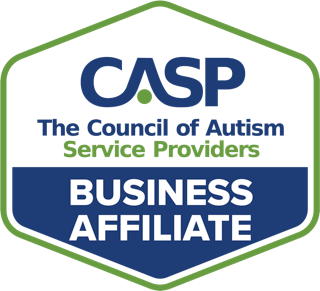About this Webinar
Dr. Bridget Taylor hosts Dr. Dennis Reid to talk about self-motivation for practitioners.
This webinar is eligible for 1 General CE.
Our Next Guest: A Conversation with Dr. Bridget Taylor & Dr. Dennis Reid
This webinar will discuss how human service practitioners can achieve and maintain self-motivation to be professionally productive and experience enjoyment on the job during the best and worst of times. Self-motivation will be presented in terms of practitioners actively using strategies developed through research and application in behavior analysis and therapy to promote their work productivity and enjoyment.
Examples of self-motivation strategies to be discussed include:
- Goal setting
- Self-recording
- Self-reinforcement
- Specific ways to promote enjoyment during unpleasant work situations (e.g., when working with unrealistic caseloads or working for a problematic supervisor)
Learning Objectives
At the conclusion of the presentation, participants will be able to:
- Define self-motivation in a manner readily applicable for working practitioners.
- Describe a basic self-motivation strategy for wide-scale application.
- Name two advantages of short-term goals relative to long-term goals for maintaining self-motivation on a day-to-day and week-to-week basis.
About the Guest Speaker

Dr. Dennis Reid, BCBA-D
Author
Over 45 years of experience as a clinician and supervisor in educational, residential, and community support settings for people with intellectual and developmental disabilities including autism, and has consulted with human service agencies in the majority of states of the United States as well as Canada, Australia, and New Zealand. He has published over 140 refereed journal articles and book chapters focusing on applied behavior analysis and authored or co-authored 15 books.
In 2007 Dennis was awarded Fellowship status in the Association for Behavior Analysis International and in 2006 received the American Association on Intellectual and Developmental Disabilities International Research Award. Dennis is the founder and current director of the Carolina Behavior Analysis and Support Center in Morganton, North Carolina.










